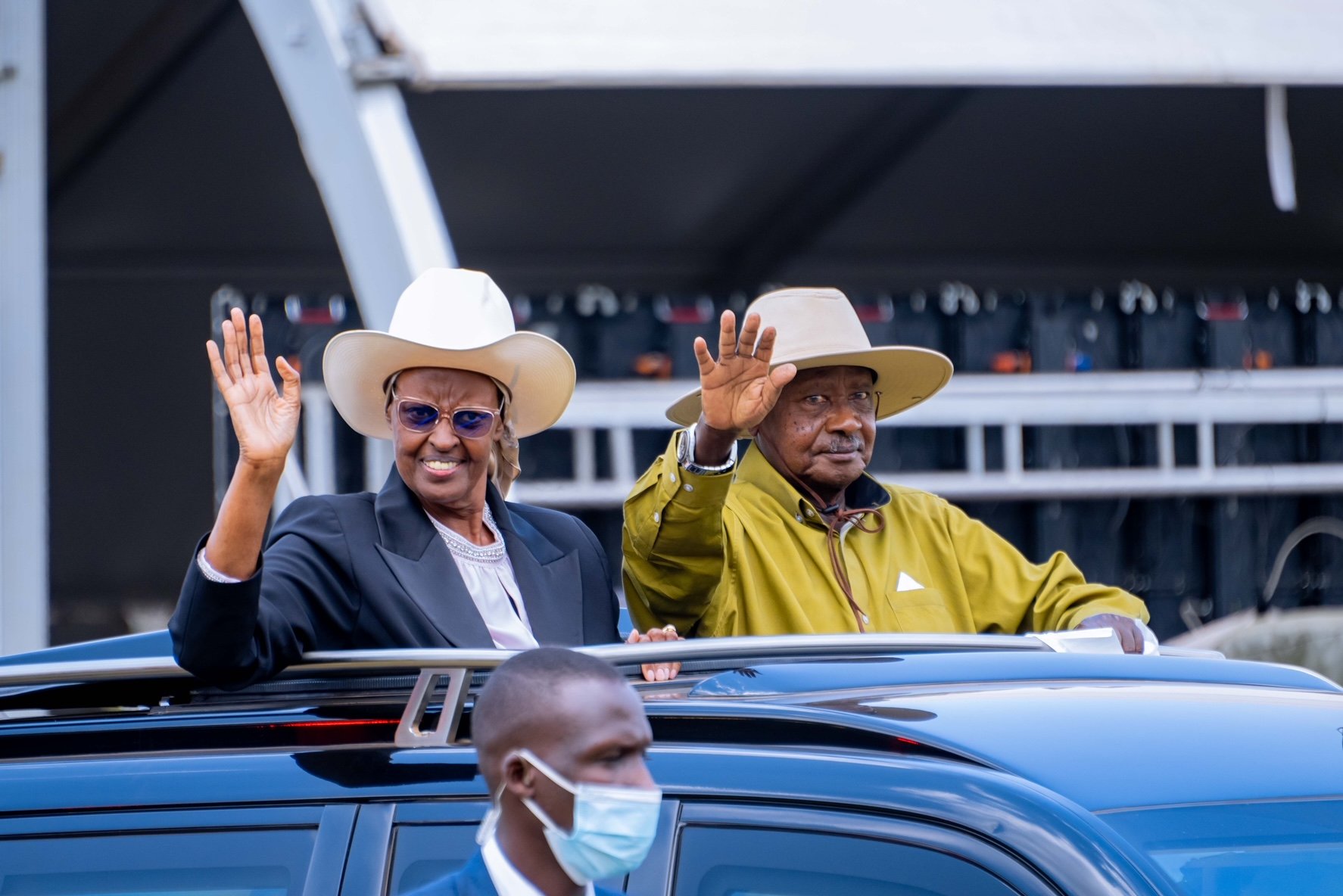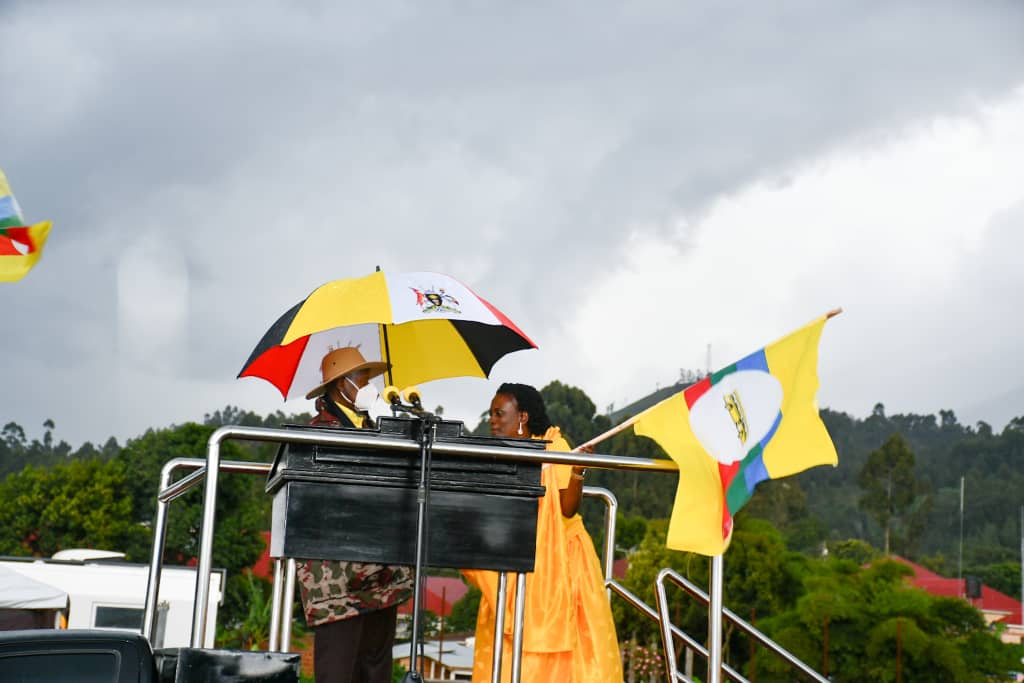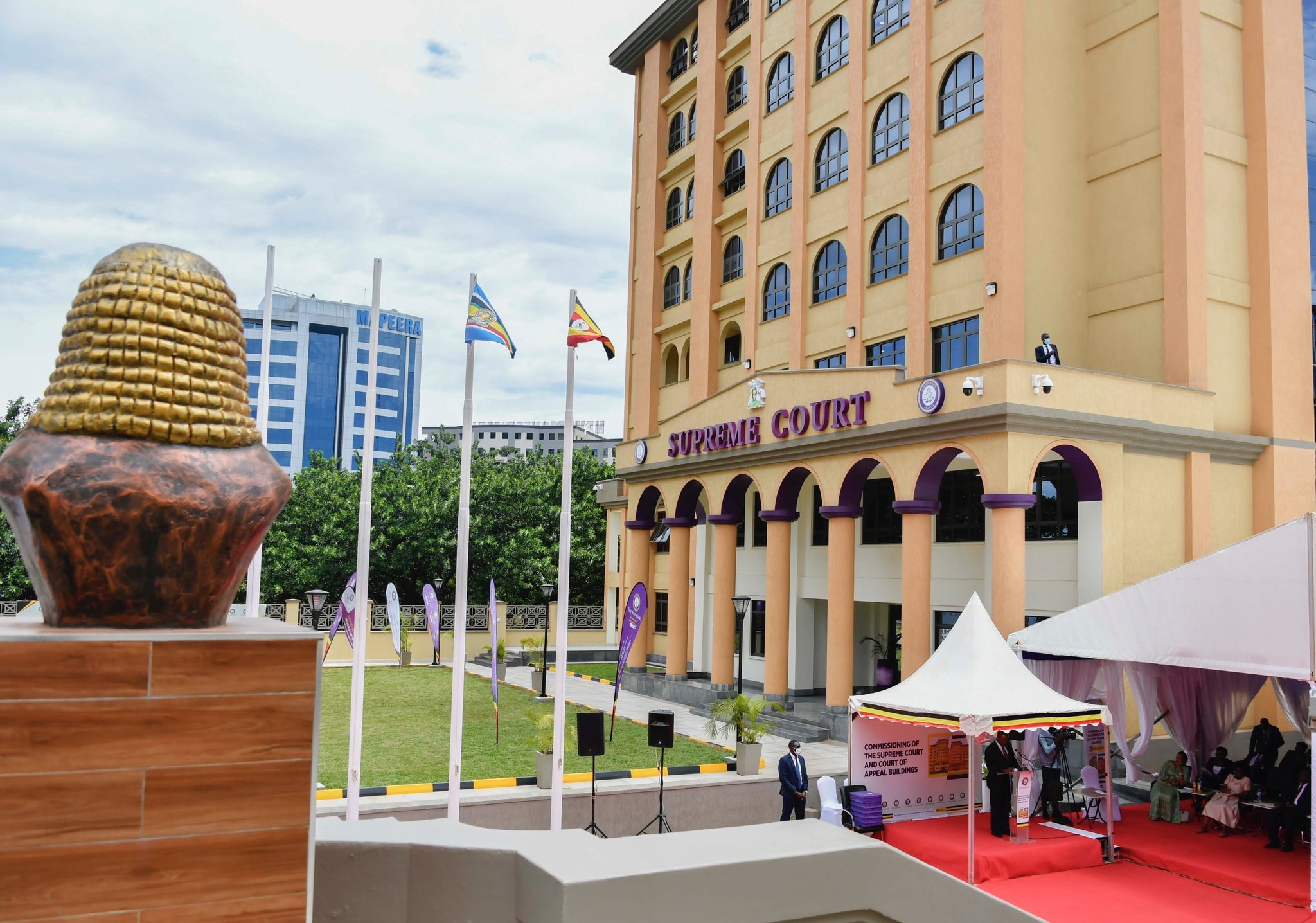(Nakaseke) – It’s that time of year again. No, not Christmas or even the much awaited rainy season to soften up our Murram roads. It is Jjaja Museveni’s birthday, and it has now evolved into something just shy of a national holiday complete with public invitations, mass celebrations, and, dare we say, a pinch of political flavour. This is not your average family cutting a cake in the village; this is The Event.
If you are from Nakaseke District, Kijjaguzo to be specific, prepare to dust off your gomesi and kanzu because today, the whole town is invited to join in. The setting is Semuto Town Council, where all manner of people have been summoned to partake in a “thanksgiving rally” with the main act being none other than The Old Man with a Hat, who turns 80.
But this is not just another bash for the sake of it. According to analysts, Museveni’s birthday celebrations have taken on a deeper purpose, more like a political rally in party clothes than a genuine celebration of life. Let us break it down, Uganda style.
Museveni’s Birthday Evolution: From Cow Grazing to City Wide Bashes
For years, the Bazukulu probably wondered when Jjaja would start throwing birthday parties like everyone else. But if you are of the “before Independence” generation, you will understand. Birthdays were luxuries that only folks in the urban centres bothered with. As the President’s senior adviser Moses Byaruhanga cheekily pointed out, back in the day, no one cared when you were born. They would just tell you, “You were born when the mangoes were ripening.” Birthdays were for cattle and banana counting, not human celebrations.
In fact, Jjaja didn’t start having these mass birthday parties until recently. Just last year, for his 79th birthday, a full blown celebration was organised at Kololo, mixing a little nostalgia with politics, under the banner “Celebrating Jjaja: Lessons from Katonga.” Hundreds of youths were well chauffeured (or bused) to the venue to fill up the stands, showcasing how a once private affair has grown into something resembling a Kadanke for the nation.
The days of simple family gatherings are long gone. Remember his 70th birthday? Museveni quietly marked it with a family thanksgiving service at Nshwere Church, followed by a little do at his Rwakitura country home, far from the prying eyes of the public. Compare that to today’s celebrations, where it is no longer just cows that witness the occasion.
Why the Sudden Change?
So why the sudden shift? Why have birthday cakes for one turned into cakes for thousands? According to history lecturer Mwambutsya Ndebesa, Museveni’s birthday has now become what we call “symbolic politics.” In the same way that Ugandans go for thanksgiving long after the original miracle happened, Jjaja’s birthday has transformed into a public event meant for political mobilisation. It’s not just a date to mark; it’s an opportunity to remind people, “We’re still here!”—politically and otherwise.
This grand spectacle also fits perfectly within our traditional Ekika system. Ugandan families hold their heads in high regard, and, with Museveni assuming the role of Uganda’s unofficial patriarch (affectionately known as Jjaja), his birthday bashes are like clan gatherings. As Dr. Gerald Karyeija from Uganda Management Institute rightly observes, these celebrations attempt to blur the lines between politics and family, creating a sense of unity and belonging under Jjaja’s leadership.
It is like that uncle who insists on a family meeting at every burial, baptism, and wedding every occasion becomes another opportunity to solidify his place as the leader of the clan.
A Clever Political Tool
Of course, there is no denying that these mass birthday parties have their uses beyond just cake and speeches. As political scientist Dr. Karyeija points out, they offer a rare glimpse into the public’s sentiments about The Man from Rwakitura. If Ugandans show up in droves and send glowing birthday wishes, that is a sign that Jjaja is still the people’s favourite. If the crowd seems sparse, well, it is a clear message that there is work to be done before the next election.
It is a clever tactic. After all, when everyone is shouting “Happy Birthday, Jjaja,” they are also reminded of who has been holding the reins for the last 40 years. It’s like running a mini opinion poll without needing a ballot box.
Museveni’s Birthday Celebrations Evolution
| Year | Age | Celebration Details | Location |
|---|---|---|---|
| 70 | 2014 | Family Thanksgiving | Rwakitura |
| 75 | 2019 | Grazing cattle | Kisozi |
| 79 | 2023 | Katonga themed rally | Kololo |
| 80 | 2024 | Thanksgiving rally | Semuto |
The Age Conundrum
As usual it is vital not forget the classic Ugandan birthday dilemma: the debate over your real age. Museveni himself has openly admitted that pinning down his actual date of birth was no easy task. According to his own memoirs, he settled on September 15 as his “most probable birthday” after some serious detective work involving his mother and other eyewitnesses. It is kind of like when your aunties start arguing at family gatherings about who was born first, until someone remembers “the banana season.”
This uncertainty about Jjaja’s age became a sticking point back in 2016 when opposition members tried to claim he was actually 75, not 72, and therefore too old to contest in the election. But, as we all know, the Constitution has since been amended, and now anyone, regardless of age, can run for President, provided, of course, you have the stamina for it.
Political Genius or Birthday Hype?
Whether you see these birthday bashes as harmless fun or calculated political maneuvers, the message is clear that Jjaja Museveni is not stepping away from the limelight any time soon.




















